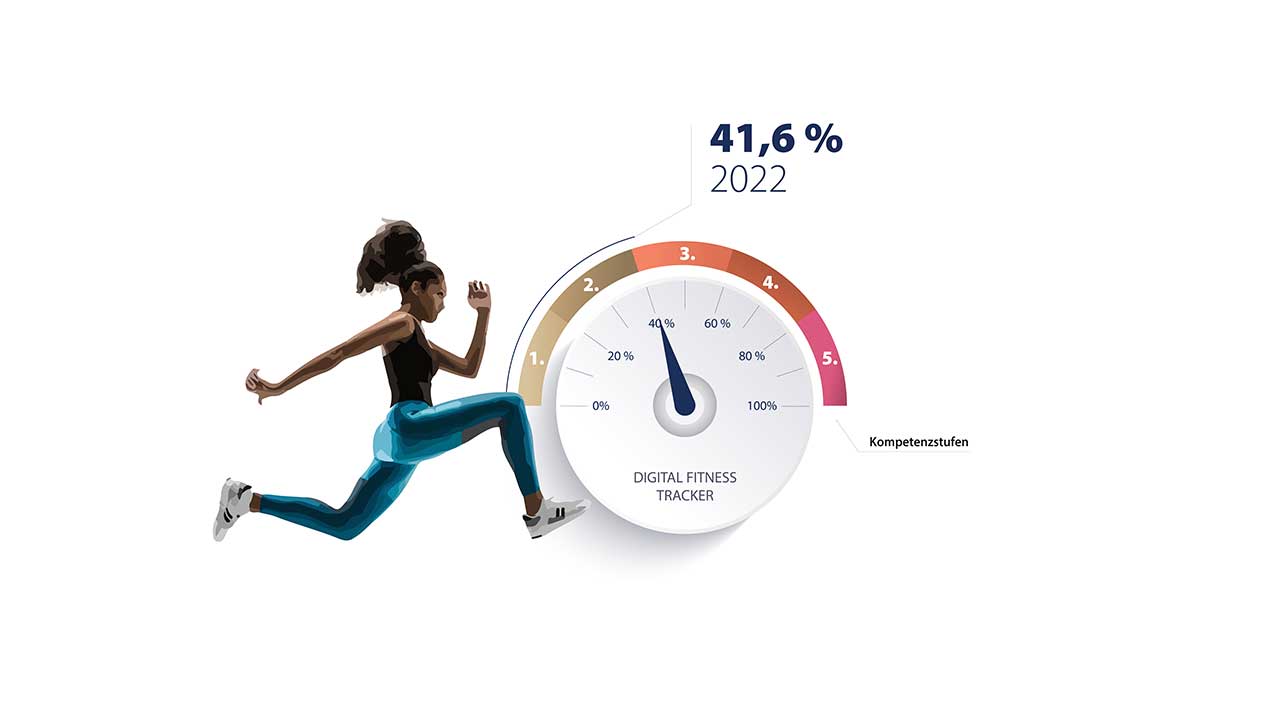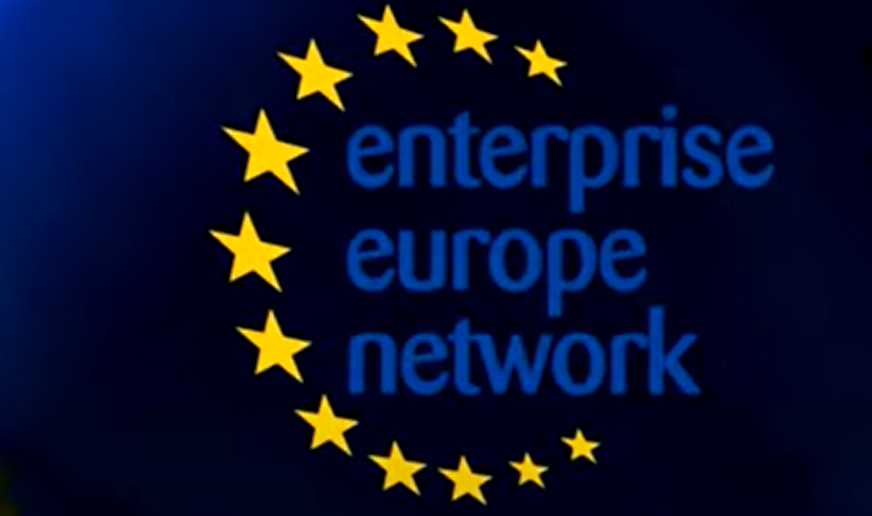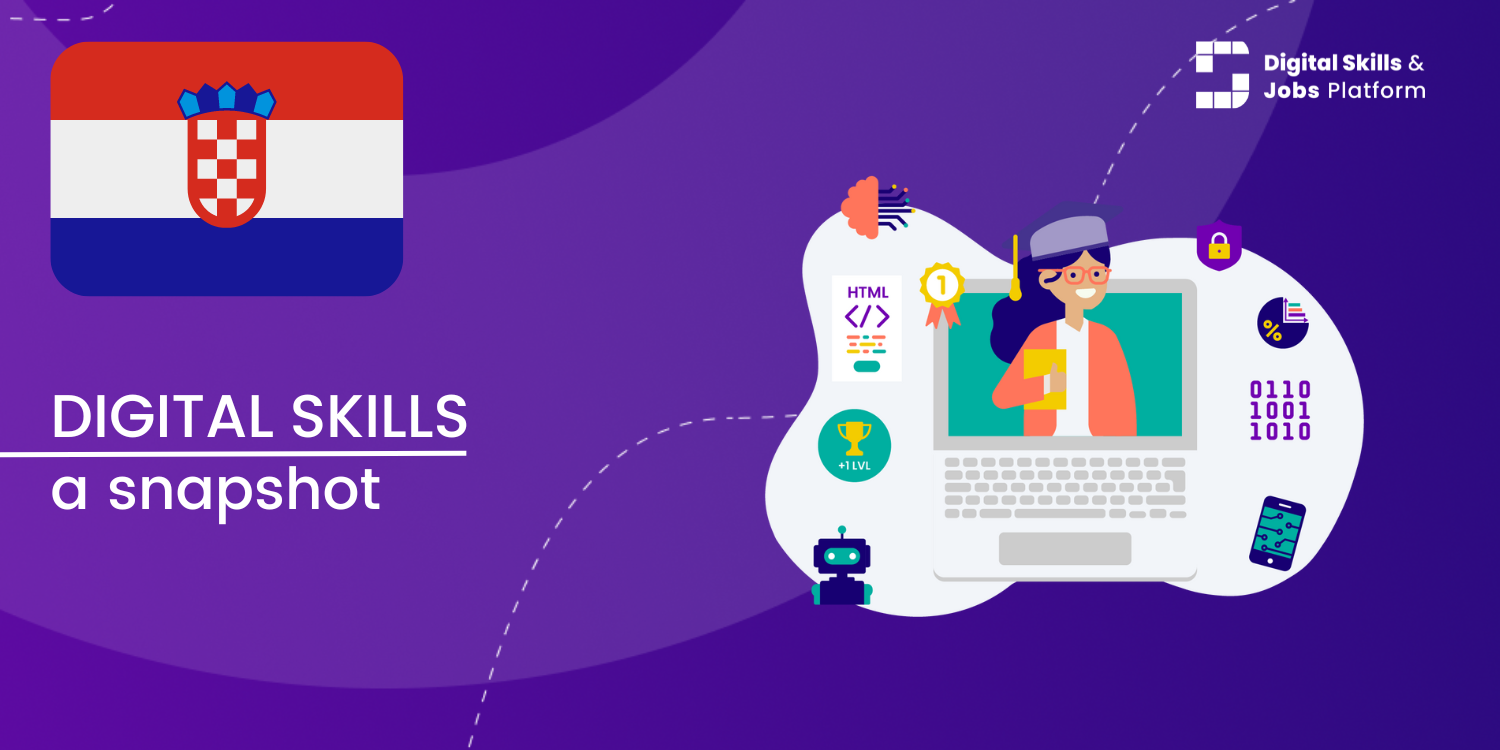The digital transformation, accelerated by the COVID-19 induced a digital surge, and calls for a skills revolution in Europe. It is a challenge and opportunity, where matters of inclusion and growth converge. Europe needs education systems fit for the digital age, alongside supplementary programs to train and retrain the adult population. This two-sided challenge concerns both basic digital skills and the specialised skills needed to innovate in Key Enabling Technologies like Artificial Intelligence or Internet of Things and enhance cybersecurity.
Towards the EU Digital Decade
The importance of these two dimensions has been underscored by the EU Digital Compass and its ambitious targets in the domain of digital skills. Yet, latest research predicts that current initiatives will fail to meet two key goals – to provide at least 80% of Europe’s adult population with basic digital skills, and to employ 20 million digital specialists in the EU by 2030. Without a substantial increase in investment and innovation on the supply side, the current trajectory indicates that by 2030 only 64% of the population will attain at least basic digital skills and only 13.3 million digital specialists will be employed.
‘The Future of Education for Digital Skills’ 2022 report
In its latest Makers & Shapers report ‘The Future of Education for Digital Skills’, EIT Digital tackles this issue through analysis of the supply of broadly defined education and training by public and private institutions. We identified the main gaps in the status quo, extracted foresight scenarios, and provide three core recommendations for how the most favourable scenario could be achieved in Europe.
Europe’s public education system, from primary schools to universities, needs to urgently modernize the largely outdated digital education programs.
The public offering must reform its curricula at all levels by making them more responsive to changing technologies and labour market needs. This requires organisational and governance reforms to open the systems to partnerships with civil society as well as tangible investments in connectivity and new training for educators.
Scattered private digital education initiatives should move to a complementary, broader, and better coordinated overall offering of digital skills initiatives.
To include mid-level digital skills, private players should broaden their scope and provide courses that focus not only on their own technological ecosystem. Jointly with the public sector, they should offer financial support schemes that increase the pool of participants to their education offering. For this, new partnerships between educational institutions, businesses, NGOs, and governments are needed.
To reach the digital skill targets of the EU Digital Compass in a fair, inclusive, and sustainable way, and given the huge challenges and costs involved, there is a need for better orchestrated pan-European digital skills initiatives, networks, and ecosystems to increase overall quality, efficiency, and effectiveness.
Existing initiatives like those of the EIT and the European Universities Network should be better coordinated, further strengthened, and extended to include the private sector. In close collaboration with EU Member States, the European Commission shall lead to establish a fair and inclusive digital skills education system across Europe that involves both public and private education providers.
About the author
Prof. Willem Jonker is the CEO of EIT Digital. He has a broad background in ICT, both in industry as well as in academia. He studied mathematics and computer science at Groningen University, worked at Delft University of Technology, received his PhD from the University of Utrecht, and is a part-time full professor in computer science at Twente University.
About the organisation
EIT Digital is the gateway to European digital innovation.
We embody the future of innovation by mobilizing a pan-European multi-stakeholder open-innovation ecosystem of top European corporations, SMEs, start-ups, universities and research institutes, where students, researchers, engineers, business developers and investors address the technology, talent, skills, business and capital needs of digital entrepreneurship.
We build the next generation of digital ventures, digital products and services, and breed digital entrepreneurial talent, helping business and entrepreneurs to be at the frontier of digital innovation by providing them with technology, talent, and growth support.
EIT Digital answers specific innovation needs by, for example, finding the right partners to bring technology to the market, supporting the scale-up of digital technology ventures, attracting talent and developing their digital knowledge and skills.
Saznaj više
-
Digitalna tehnologija / specijalizacija:
Umjetna inteligencija
Cybersecurity
Internet stvari
Digitalne vještine
-
Razina digitalnih vještina:
Osnovno
Srednja
Napredno
Stručnjak za digitalni sektor
-
Geografski opseg - Država:
Europska Unija
-
Vrsta inicijative:
Međunarodna inicijativa




